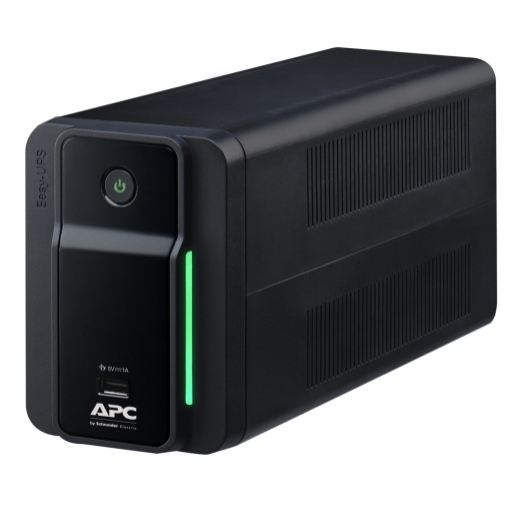As more and more companies rely on technology to conduct their operations, ensuring that power supply is always available has become critical. Unplanned power outages, voltage fluctuations, and power surges can all cause costly downtime and even lead to permanent damage to sensitive electronic equipment. So to prevent such issues, many businesses have turned to uninterruptible power supply (UPS) systems. However, installing a UPS is not as simple as plugging it into the wall. There are several requirements that businesses must meet to ensure that their UPS operates effectively and reliably.
Determine The Load Requirements
The first step in UPS installation is to determine the load requirements. This means identifying the equipment that needs to be powered and calculating the amount of power that each piece of equipment requires. So this information is necessary to select the appropriate UPS size and capacity. To determine the load requirements, businesses need to consider the maximum power consumption of each device and factor it into any future expansion plans.
Choose The Right UPS
Once the load requirements are complete, businesses need to choose the right UPS. UPSs come in different sizes and capacities, and selecting the right one is critical to ensure that the system can handle the power load and provide the required backup time. Factors that need to be considered include the type of UPS (such as line-interactive, online, or standby), the capacity (measured in VA or kilowatts), and the runtime (measured in minutes).
Select The Right Location
UPS systems generate heat, so it is essential to select a location that has adequate ventilation and cooling. Installing a UPS in a small, enclosed room with no airflow can cause it to overheat, which can reduce its lifespan or even cause it to fail. In addition, the location should be easily accessible for maintenance and repair purposes.
Ensure Proper Grounding
Proper grounding is essential to protect UPS and connected equipment from electrical surges and spikes. So the grounding should be per local codes and regulations, and it should be done by a qualified electrician. It is also important to ensure that the UPS connects to a grounded power source.
Check Voltage Compatibility
UPS systems have designs to operate within a specific voltage range. Before installing a UPS, businesses should check the voltage compatibility of their equipment. After it they must ensure that the UPS is rated t handle the voltage. If the voltage is too high or too low, it can damage the UPS or the connected equipment.
Use The Right Cables
UPS systems require specific cables to connect to the equipment they are powering. So it is essential to use the right cables to ensure proper operation and avoid damage to the equipment. The cables should be of the appropriate gauge, length, and type, and they should be properly terminated.
Welcome to Ups Online Store, we are the ultimate destination for all your uninterruptible power supply needs! We understand the critical role that power plays in today’s business environment. So we are committed to providing you with top-quality UPS systems that can keep your operations running smoothly. You will not face any problems even in the face of power outages and surges. So why wait? Browse our selection today and experience the peace of mind that comes with reliable power backup!


